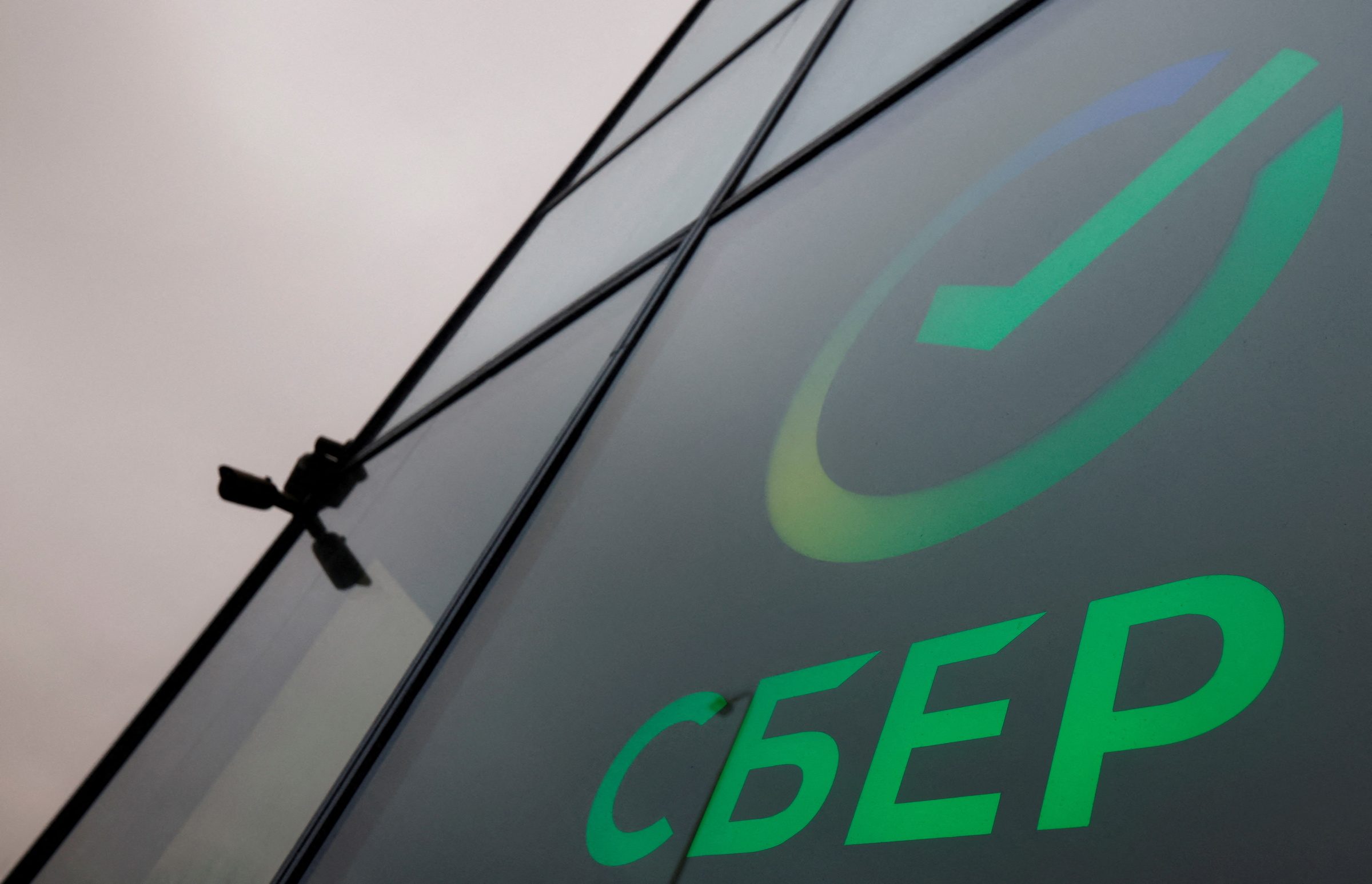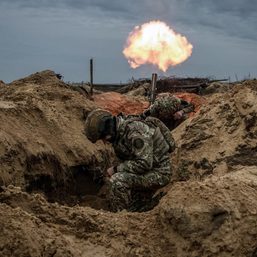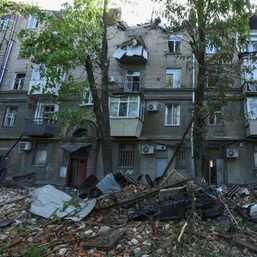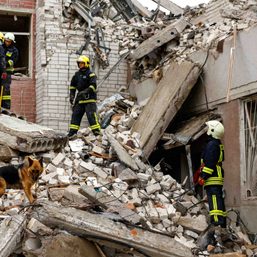SUMMARY
This is AI generated summarization, which may have errors. For context, always refer to the full article.

The European arm of Sberbank, Russia’s biggest lender, faces failure, the European Central Bank (ECB) warned on Monday, February 28, after a run on its deposits sparked by the backlash from Russia’s invasion of Ukraine.
Western allies have taken unprecedented steps to isolate Russia’s economy and financial system, including sanctioning its central bank and excluding some of its lenders from the SWIFT messaging system, used for trillions of dollars of transactions.
Sberbank Europe and two other subsidiaries were set to fail, after “significant deposit outflows” linked to “geopolitical tensions,” according to the ECB. Austria’s Financial Market Authority imposed a moratorium on Sberbank Europe, which is based in the country.
Separately, Deutsche Boerse, the German stock exchange operator, said that it was suspending from trading a number of securities from Russian issuers with immediate effect. The list includes Sberbank and VTB Bank.
“We’ve triggered a run on this kind of bank,” said Hans-Peter Burghof, a professor at the University of Hohenheim.
Banks and their lawyers are scrambling to assess the impact of the wave of sanctions, which prompted Russia’s central bank to more than double its main interest rate on Monday and introduce some capital controls to try and stabilize the rouble.
British bank HSBC is beginning to wind down relations with a host of Russian banks including the second largest, VTB, according to a memo seen by Reuters, as financial institutions start to implement restrictions on Russia.
Shares of leading banks sank with the European banking sector down 5.9%, steeper than a 2.4% fall for the Euro Stoxx index.
The market turmoil came as Russian invasion forces seized two small cities in southeastern Ukraine and the area around a nuclear power plant, as Moscow’s diplomatic and economic isolation deepened. Russia calls its actions in Ukraine a “special operation.”
The banks with significant operations in Russia were hit the hardest. Austria’s Raiffeisen Bank International fell 13.8% as it said it was working through the impact of sanctions.
“Our Russian subsidiary bank has a very strong liquidity position and is recording inflows,” RBI’s chief executive Johann Strobl said in a statement to Reuters.
Societe Generale lost 11%, and UniCredit was 11.8% lower.
Investors fear that European banks with heavy exposure to Russia and Ukraine will need to make hefty provisions for the drop of the valuation of their assets in the region.
Germany’s Deutsche Bank, which opened a new Moscow headquarters in December, was down 8.7%. It said it would implement sanctions.
The ECB’s warning extended to Sberbank subsidiaries in Croatia and Slovenia. Sberbank is majority owned by Russia.
The lender said in a statement that several of its subsidiaries saw “significant outflow of client deposits within a very short time” and that it was in close contact with regulators.
Sberbank’s branches in Slovenia were closed until Wednesday, March 2, and services temporarily limited to card transactions with a withdrawal limit of 400 euros a day, the Slovenian central bank said on Monday.
The Croatian central bank said depositors at Sberbank, which has about a 2% share of the country’s banking market, would be allowed to withdraw just under 1,000 euros a day.
Sberbank Europe said in November it had reached a deal to sell its subsidiaries in Croatia, Slovenia, Hungary, Serbia, and Bosnia and Herzegovina to a group including Serbia’s AIK bank. Serbian regulators gave their consent on Monday, the only ones yet to do so.
Meanwhile, the Russian securities dropped by Deutsche Boerse also include Lukoil and Aeroflot.
Euroclear said it has closed its link to rival settlement house Clearstream Banking for settling trades in Russian securities in response to European Union financial sanctions.
Depository receipts of Russian companies and banks, other than VTB, were still trading on the London Stock Exchange, with Sberbank down 70%. The LSE declined to comment. – Rappler.com
Add a comment
How does this make you feel?













There are no comments yet. Add your comment to start the conversation.